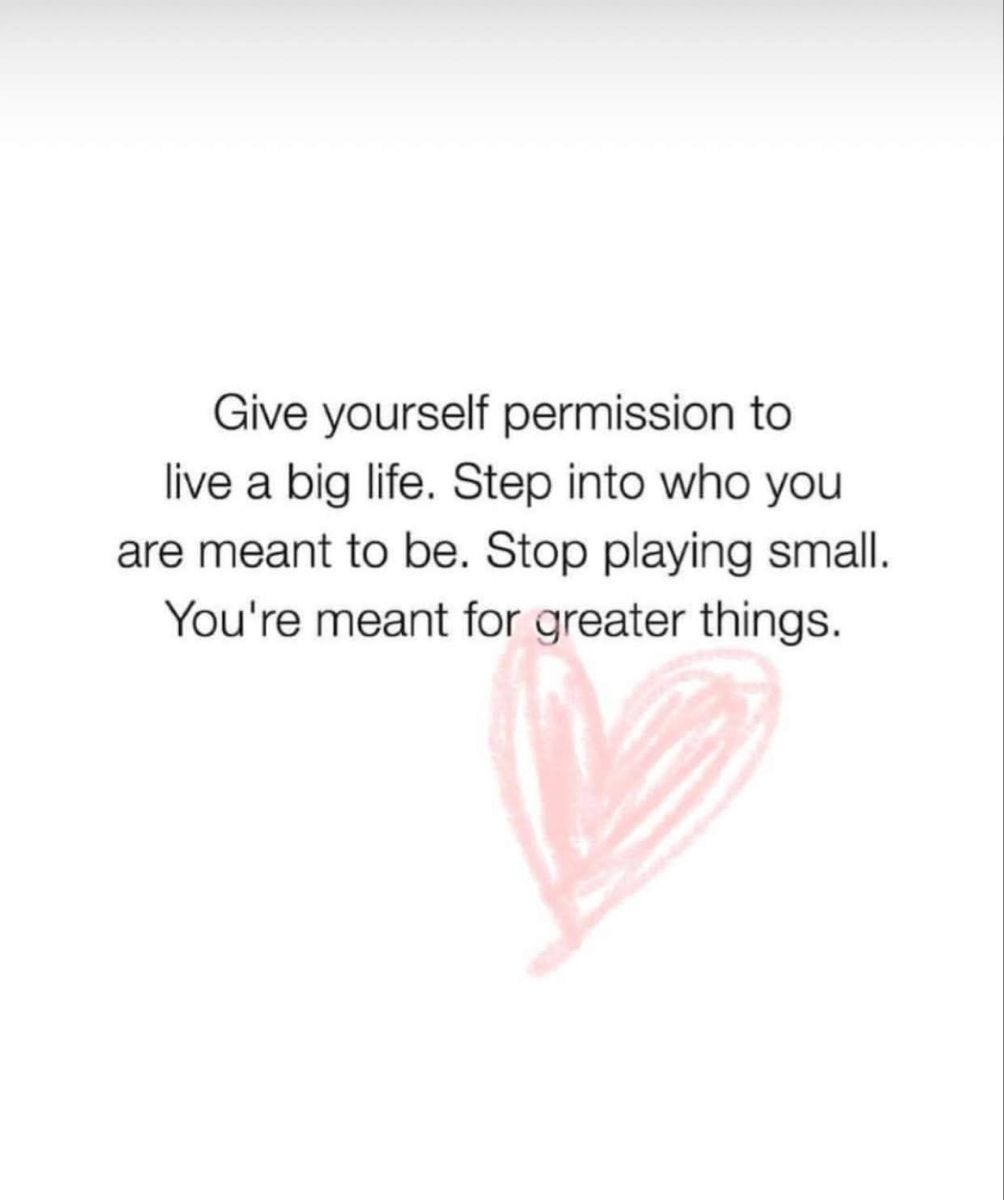How Does the Issuance of New Naira Banknotes Affect You?
Good Morning 😃
How are you doing?
Friday letters are usually dedicated to taking questions from our community. Do you have a question for us? Please feel free to
send an e-mail to info@themoneyafrica.com; or
send a DM to any of our social media channels, or
simply fill out this form. Don’t worry, your responses are kept anonymous.
**
Question
I have heard of the issuing of new naira notes by the CBN. Please, how does this affect the average Nigerian? And are there any necessary steps one needs to take?
Answer
What has the CBN done again?
The CBN recently announced its plans to redesign and distribute new N200, N500 and N1,000 banknotes to replace existing notes. This is expected to start by December 15 when the new notes will be available for withdrawal by the public from commercial banks. However, the old notes are not immediately phased out, as they can be used for transactions until January 31, 2023. From February 2023, only the new notes will be legally recognised and allowed for transactions.
There is a possibility that the deadline for phasing out old notes could be extended if the distribution of the new notes would not 0be seamless and effective within the stipulated time.
Why is the CBN doing this?
Hoarding of currency notes. To support this claim, they cited that 85% of the current currency in circulation were outside the banks. Aren’t currencies meant to be held?
Shortage of “clean and fit” banknotes. This affects the perception of the CBN and poses risk to financial stability. Surely, this can be solved by replacing unclean notes instead of redesigning the notes.
Reduction in the counterfeiting of banknotes. Counterfeit notes are fake notes that are produced and distributed by fraudsters.
The more ambitious benefits the CBN expects include reducing cashless transactions, bringing more people to the formal financial sector and reducing the incidence of kidnapping and terrorism if there are no notes to pay ransom.
What impact would this policy have?
It is hard to say with complete certainty the impact the policy would have, as there are many things we don’t know about the economy. But we have some expectations based on the experience from similar initiatives in other countries (most recently in India in 2016). India had similar ambitions as outlined in the section above. However, the policy failed to remove currency used in illicit activities out of circulation as over 99.3% of the currency in circulation was returned to the banks. There is also no evidence that it reduced terrorism or increased participation in the financial system significantly after implementation. In fact, after the process in India was completed, the number of new notes counterfeited was similar to the levels before the policy was introduced.
Even though this plan is unlikely to yield the anticipated benefits, it could cause real pain. As the Nigerian economy is mostly informal and cash is still popular, the short implementation period could lead to cash shortages given Nigeria’s poor banking infrastructure. This would lead to a slowdown in economic activity in sectors relying heavily on cash, possibly impacting the entire economy.
What should you do to avoid the possible pain?
To ensure you do not waste time and energy queueing in banking halls, ensure you do not hold a lot of cash. You can rely more on electronic means of payments to settle your transactions until you have access to the new notes.
If you run a business that is cash-dependent, you can offer your customers electronic means of payment. Rejecting old notes without providing alternatives to customers would affect your sales. And ask your suppliers for the same. To reduce the cost of having to replace old notes frequently, you could gradually phase out cash payments with old notes once the new notes are available.
Did you find this newsletter useful? You can read previous newsletters here
Do you have any questions? You can send an e-mail to info@themoneyafrica.com or send a DM to any of our social media channels.
***
MoneyAfrica premium plan
Are you a mid to high-income earner? Do you find communities a bit too busy? You should sign up for our premium plan.
You can learn more about that here
***
We often get questions regarding how to plan your finances to align with your relocation plans, especially for students seeking to further their studies. As always, we have heard you, and we have put together an e-book to help you navigate this. Simply follow this link, to get your FREE copy of the e-book: The Japa Encyclopedia.
***
Get our annual subscription and learn more about how you can invest safely and build a solid portfolio in 2022.
Don’t forget to:
Join our community, if you are interested in smashing your 2022 financial goals. Remember it takes at least 30 days to build great habits that will last you a lifetime. So why not start now? There is a lot you can achieve.
If you would like to document your financial journey in 2022, then our journal would be a great fit for you. It costs ₦7,500 (excluding delivery).
Get a budget sheet to track your monthly expenses. Click here
Get an investment tracker to be on top of all your investment. Click here
MoneyAfrica is a financial literacy platform. Our goal is to make everyone become better with their finances.
We do this by engagements via our:
- social media handles
- platforms for paid community members (for adults and students)
- webinar sessions with corporate clients
Would you like to join any of the communities? Please click here
Would you like us to hold a webinar for the staff of your company? Please send an email to info@themoneyafrica.com






